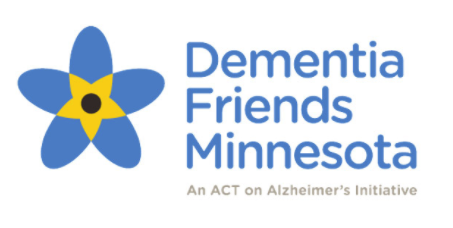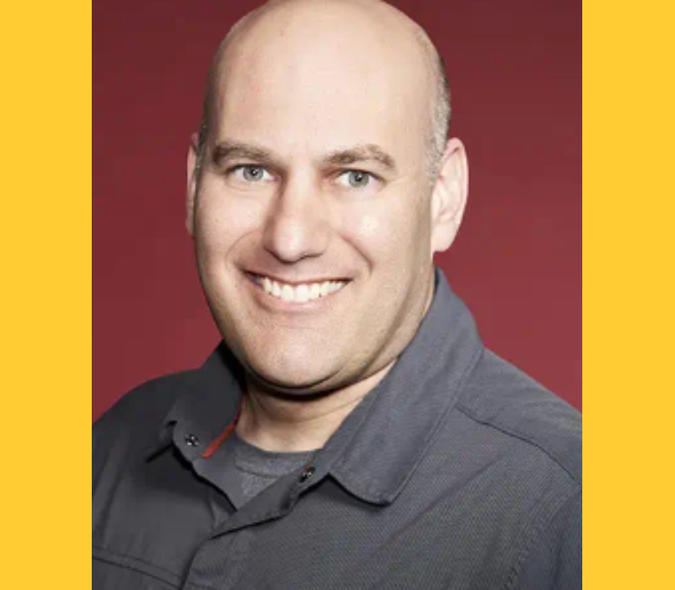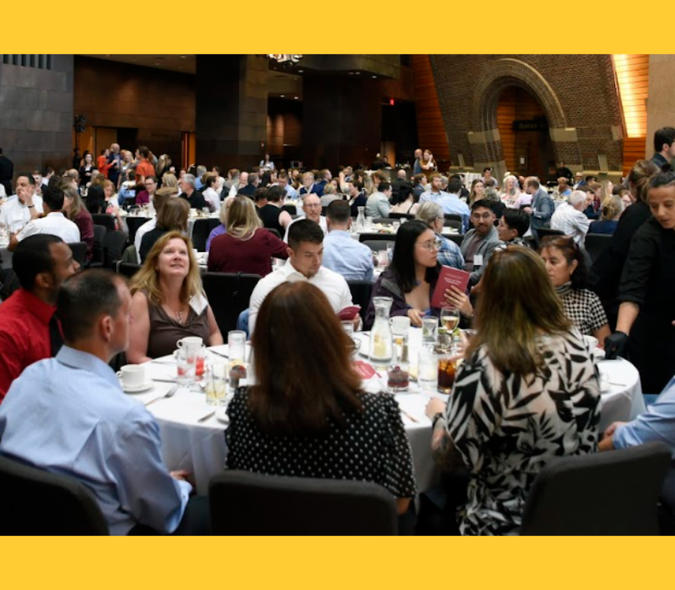
Dementia Friends Information Sessions: Cultivating Sensitivity in Caring for People with Cognitive Impairment
In this interview with Teresa McCarthy, MD, MS, associate professor of medicine and faculty at the Department of Family Medicine and Community Health, she discusses the impact of the MN Dementia Friends initiative, which, through a partnership with MN Dementia Friends and MAAA, has been integrated over the past year into the Minnesota Northstar GWEP.
Can you tell us about Dementia Friends and how medical students are getting involved?
The Dementia Friends initiative is a global movement to spread awareness about dementia and to equip people in their response. For the past several months, as part of the Minnesota Northstar GWEP, we have been offering Dementia Friends information sessions to medical students and anyone who is interested. These information sessions are nonacademic. They are designed to increase sensitization to the social and environmental issues that a person with dementia may face in their daily interactions. One group that has been heavily involved is the University of Minnesota medical students.
The first Dementia Friends Information Session with students was held in person in February 2020 at Augustana Homes. At that session, 15 second-year medical students participated. Our students, among other information session attendees, learn about what dementia is, how it impacts people's lives, and how they can help people with dementia more fully interact with the environment and be more positively viewed in the community. Due to COVID-19 gathering restrictions, the sessions have been adapted to an online format. Despite (or because of) the switch to a Zoom-based format, we're seeing ever-increasing numbers of participants. To date, I'm pleased to share that 99 students have been trained as Dementia Friends (38 physical therapy students and 61 medical students).
How does this information help medical students in the course of their training and future careers?

The Dementia Friends information sessions aren't meant to provide medical students with the nuts and bolts of dementia care: the physiology or the pharmacology. That is already being provided in our academic programs. What we're missing within the walls of academia is the sensitization to what this dementia process really does to a person. We talk about the five forms of dementia in classrooms, but not how to become immersed in the experience of a person with cognitive impairment and how we can support those individuals in our everyday actions and behavior. Of course, taking care of the whole patient, not just the disease process, is a critical part of a medical student's — and any healthcare provider's — role.
I believe that the students who participated in this sensitization experience appreciated the experience, and I think that's been borne out so far from what we're seeing. You just don't get this exposure in medical training. But understanding the impact of this disease process on the person's sense of self should be a core piece of what we do. Sometimes in the information sessions, our medical student participants voice some poignant and remarkable realizations, such as, "My grandmother had Alzheimer's disease. I never thought about her life from this perspective."
Becoming more deeply attuned to the needs of these patients and how to support them will serve our trainees well as they begin their medical practices.
Community members can partake of these information sessions and apply the learnings in everyday life as well. Is that right?
Yes, absolutely. We are trying to show this in the context of a bigger program called Dementia Friendly Communities, where this information session is provided to people like bus drivers, store clerks, people that work in libraries, and so on. It's not just for caretakers or those who have a family member with cognitive impairment.
Consider a grocery store checkout clerk, for example. A customer comes through the line and says something like, "I can't find my money." The checkout person looks over and sees their credit card. He might look at this person, determine this to be a dementia-type situation, and consider that the person may benefit from gentle support. He might say, "It looks like you have a credit card there — will that work?," as opposed to, "You need to get out of the line if you can't pay." That was really the intent: to provide everyone — from medical students to community members — with knowledge of how to supportively interact with people who have cognitive impairments.
How are the information sessions being evaluated to see how effective they are?
We are evaluating the effects of Dementia Friends information sessions on participants' attitudes towards, and comfort levels with, people with dementia. Researchers are using the Dementia Attitudes Scale (DAS), a published, validated instrument. The brief, 20-question survey is administered before and after a Dementia Friends information session. Though it is too early in the study to make generalizable statements, early findings suggest that these sessions do change participants' self-reported attitudes toward people with dementia*.
How do Dementia Friends information sessions help during a pandemic?
With the onset of COVID-19 and the susceptibility of older adult to this illness, it's more important than ever to become sensitive to this vulnerable population of people with cognitive impairment. We need to recognize that those people at high risk of severe COVID illness can be quite isolated as they try to protect themselves from getting the virus. They are detached from their community and likely suffering alone. In addition, caregivers, who tend to be older persons themselves, have limited access to supportive resources. Those who go through Dementia Friends information sessions learn the importance of checking in on people with cognitive impairment and their caregivers to provide support and understanding.
Another important facet of the learning is how to be respectful of people during this time. We're talking about people who may be older, frailer and who have dementia or related diseases, so it is particularly critical to wear a mask and maintain a safe distance.
One of my mom's friends, an older man, used to enjoy going for walks with his wife, who suffers from dementia. He and his wife recently had to stop going for walks because so many young people would be out on the sidewalks, unmasked and not distancing. Discontinuing these walks obviously had a negative impact on the couple's quality of life. It's just one example of something that doesn't have to happen if more people cultivated greater sensitivity to our susceptible older adults — those with cognitive impairment and those without. The Dementia Friends information sessions help others engender this much-needed sensitization.
*Reference: O'Connor, Melissa & Mcfadden, Susan. (2010). Development and Psychometric Validation of the Dementia Attitudes Scale. International Journal of Alzheimer's Disease. 2010. 10.4061/2010/454218.



